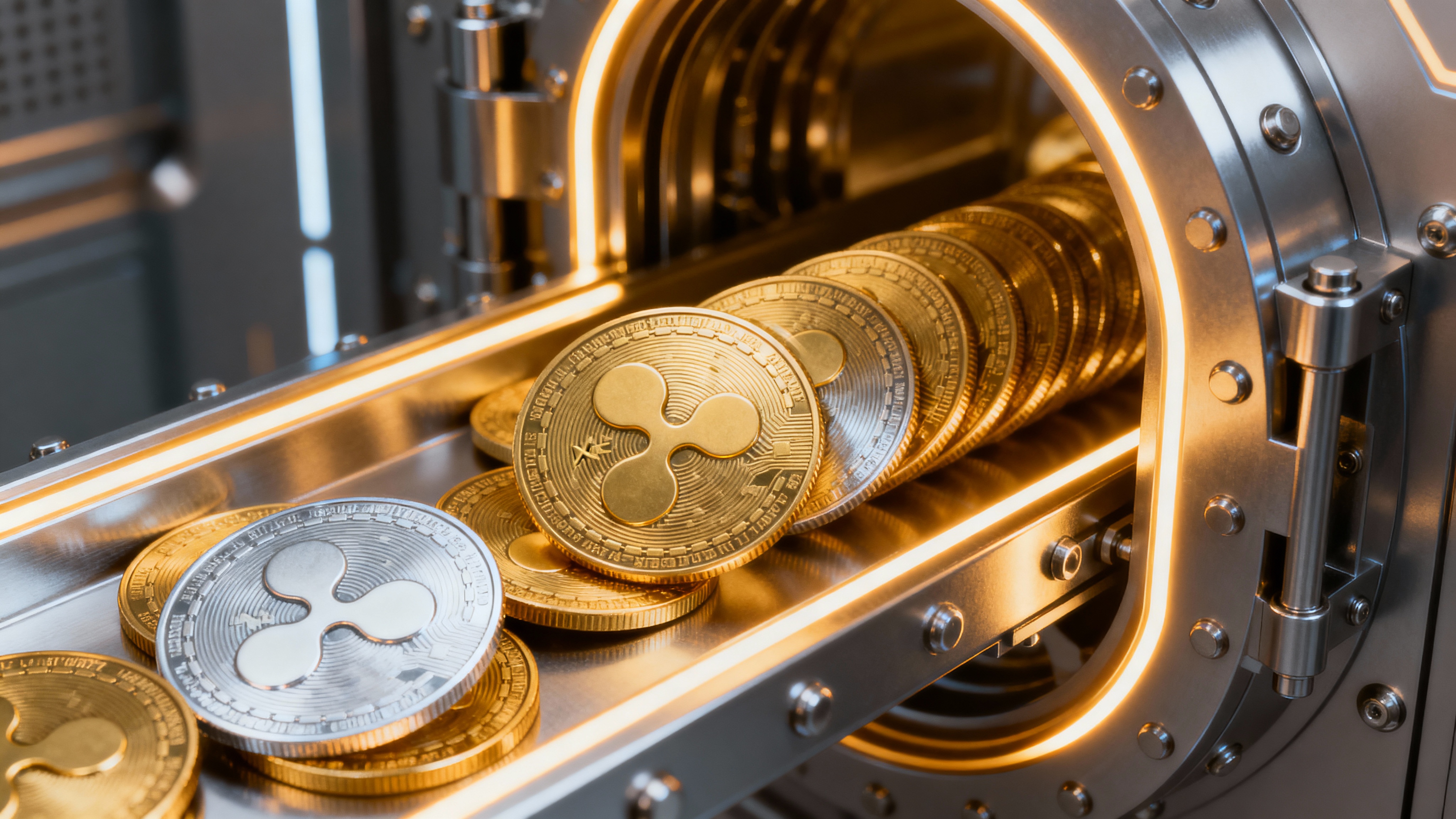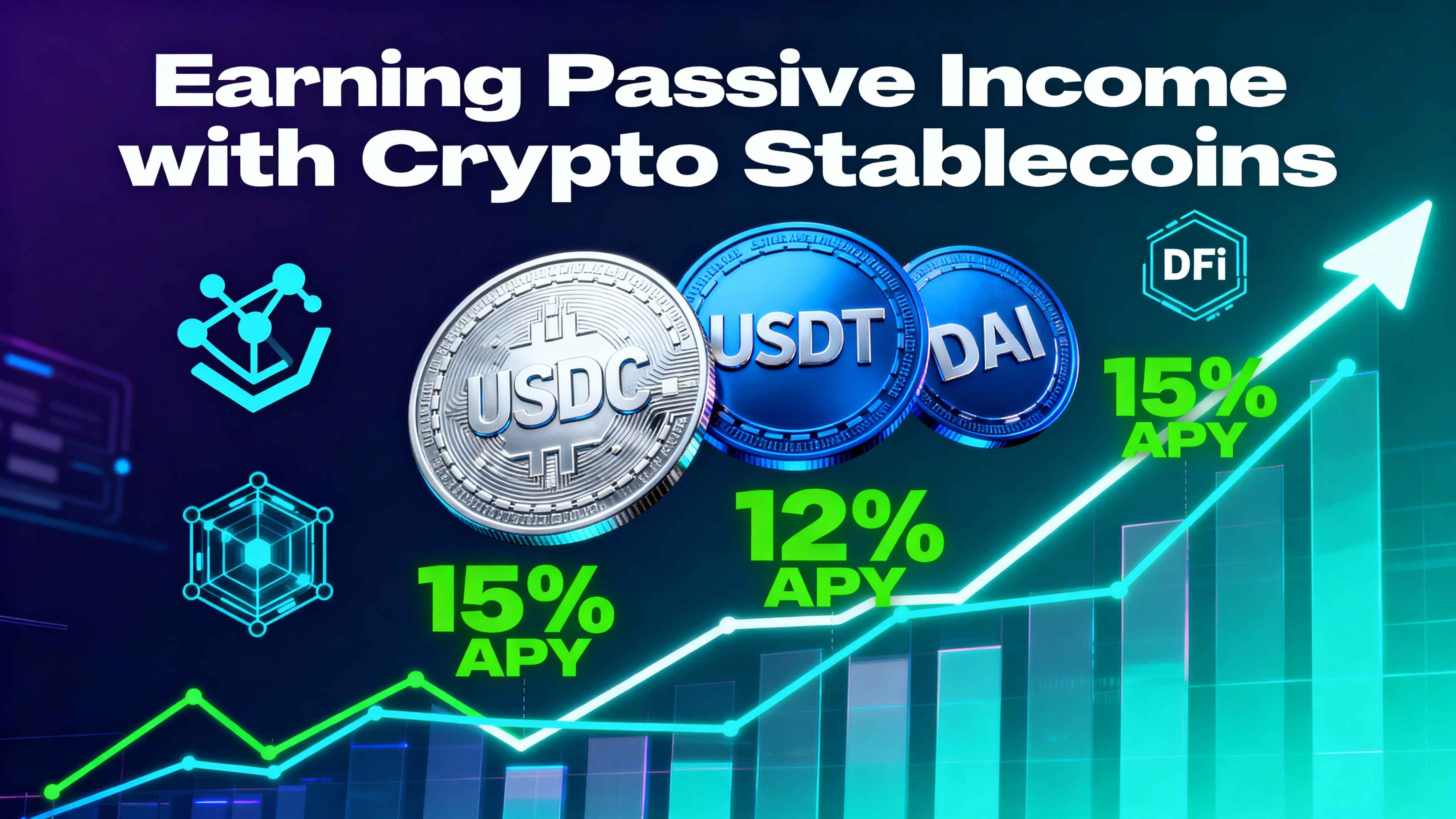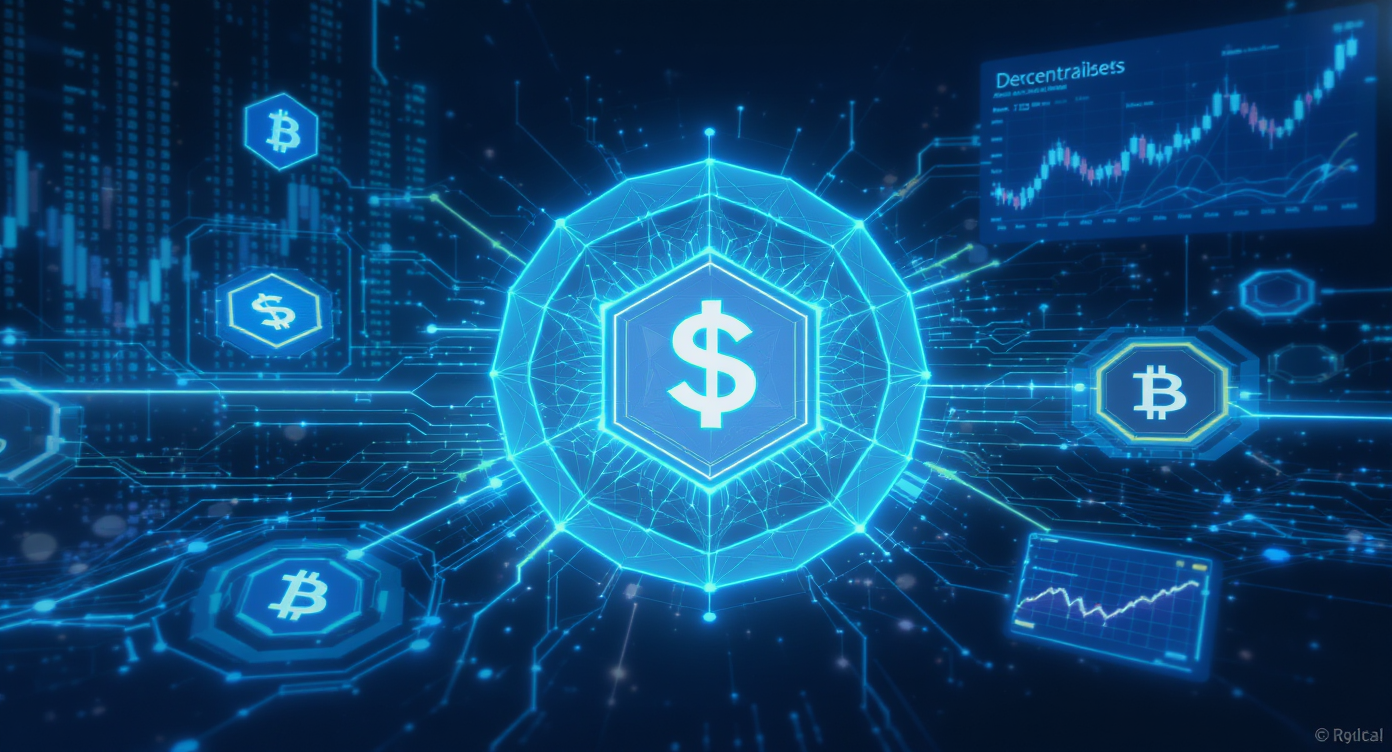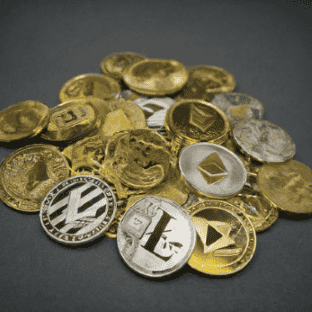
What are Altcoins?
Crypto BasicsThe term "altcoin" is used to describe cryptocurrencies that emerged after Bitcoin. This category includes fee tokens of different blockchain networks, tokens of Web3 projects and DAOs, and all other Bitcoin alternatives.
Altcoins represent a broad category of cryptocurrencies that encompass all digital currencies except Bitcoin (BTC), and for some, Ethereum (ETH) as well. They often diverge from Bitcoin and Ethereum by developing different consensus mechanisms or offering additional features. Altcoins are typically developed by various teams with distinct visions or objectives for their tokens or cryptocurrencies. These cryptocurrencies are often forked from existing blockchains, such as Bitcoin or Ethereum, or developed from scratch to cater to specific industries or user groups. Forks, which occur when a group of developers diverge from the original blockchain to create a new one, are common in the altcoin space and may arise due to disagreements or attempts to improve upon existing protocols.
They often diverge from Bitcoin and Ethereum by developing different consensus mechanisms or offering additional features. Altcoins are typically developed by various teams with distinct visions or objectives for their tokens or cryptocurrencies. These cryptocurrencies are often forked from existing blockchains, such as Bitcoin or Ethereum, or developed from scratch to cater to specific industries or user groups. Forks, which occur when a group of developers diverge from the original blockchain to create a new one, are common in the altcoin space and may arise due to disagreements or attempts to improve upon existing protocols.
The first altcoin in the history of cryptocurrency is Litecoin. Litecoin was launched in 2011 as a fork of Bitcoin that uses the Scrypt PoW consensus, making it faster and less energy-intensive.
 What are the Types of Altcoins?
What are the Types of Altcoins?
There are different type of Altcoins that are designed to serve a different purpose within their respected blockchain network such as;
- Payment Tokens: Designed for transactions, such as Bitcoin and Bitcoin Cash.
- Stablecoins: Pegged to stable assets like fiat currencies to reduce volatility.
- Security Tokens: Represent ownership of assets and are subject to securities regulations.
- Utility Tokens: Used to access a specific service or network, like Ether on Ethereum.
- Meme Coins: Inspired by memes, these coins often gain popularity quickly but are highly speculative.
- Governance Tokens: Offer holders voting rights in blockchain governance.
What are the Pros and Cons of Altcoins?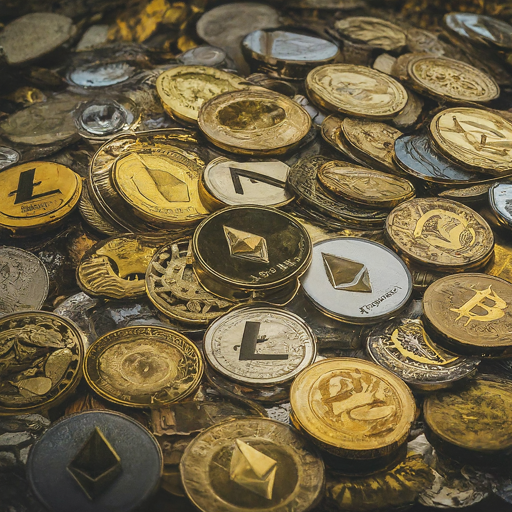
There are different pros and cons of each Altcoin depending on their use case, operated blockchain network, market share and projects’ goal to address and solve blockchain problems. The most common pros and cons of Altcoins are:
Pros:
- Address weaknesses in existing cryptocurrencies.
- Offer a wide range of choices for investors.
- Can have higher survivability if they provide genuine utility.
Cons:
- Less popular and lower market cap than Bitcoin and Ethereum.
- Less liquidity and fewer investors.
- Many altcoins are scams or lack developer interest.
What is the Future of Altcoins?
While many of the Altcoins are promising and aim to solve important problems, the future of altcoins is uncertain, with thousands of coins competing for market share. While not all will survive, those with strong utility and use cases are likely to dominate. Investors should approach altcoins with caution due to the market's volatility and the ongoing evolution of the cryptocurrency space.
